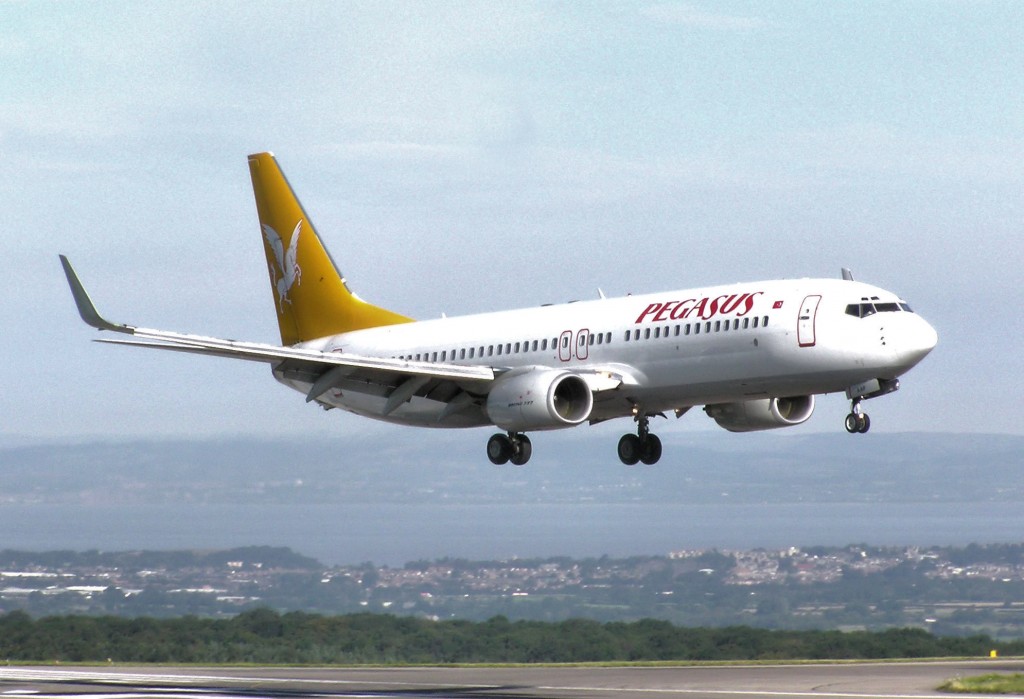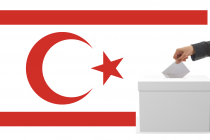As from June 1st, all passengers flying to and from the TRNC with Pegasus Airlines – Cyprus’ biggest carrier – will face extra, tiring formalities during their Istanbul or Izmir touchdown. Instead of remaining on the plane, passengers travelling on to London or Lefkoşa must disembark with their luggage, go through a security check in Turkey and board a new aircraft for their final destination.
The British government claims, in a letter from the Department for Transport, that the added measures are necessary as vital steps in the war against terrorism.
However, the actual text is a closely-guarded secret, and the DfT tells journalists evasively: “for obvious reasons we do not comment in detail on specific security procedures at individual airports. The decision by Pegasus is a matter for them.”
But one well-known travel industry spokesman from North Cyprus is not deceived. He claims the new measures are simply a thinly-veiled ambush in the continuing Greek versus Turkish Cypriot trade war. Speaking as a private individual, Zeki Ziya, the former General Manager of Cyprus Turkish Airlines and now director of Cyprus XP Travel, told T-VINE this week:
Zeki Ziya: “This is totally a political decision. It has nothing to do with security.”
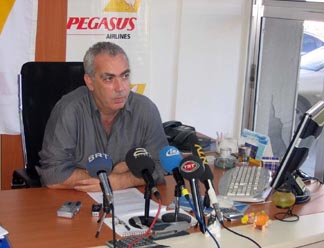
“This is totally a political decision. It has nothing to do with security. Ercan is one of the safest airports in the world. All visitors must go through a security checkpoint as soon as they arrive at the terminal building and there is a second x-ray for passengers as soon as they pass through passport control.”
“We’ve been flying to London via a touch-down in Turkey for over 40 years without incident. Now passengers have to get off the plane and go through the rigmarole of another security check in Turkey. It’s pointless, but it will have a hugely damaging effect on the number of people flying between Ercan and the UK.”
The new formalities could add an extra hour to flight times, and present an extra deterrent for the elderly and disabled, driving passengers south to Larnaca or Paphos airports.
Greek Cypriot lobby has long targeted Ercan Airport
The Greek Cypriot campaign to close down Ercan Airport and damage the northern economy is well-established. Last November, the Executive Board of KOP, the Greek Cypriot Football Association, announced that any groups or individual members found travelling from Ercan Airport would be fined €10,000 for a first-time offence and face expulsion from KOP in the event of any recurrence.
The reminder warned all sporting travellers to avoid the use of Ercan Airport for attending sports competitions in Turkey, even though this would be the fastest and cheapest way to travel. All Greek Cypriot travellers are instead expected to fly via Greece, as South Cyprus and Turkey do not share any direct political or travel links.
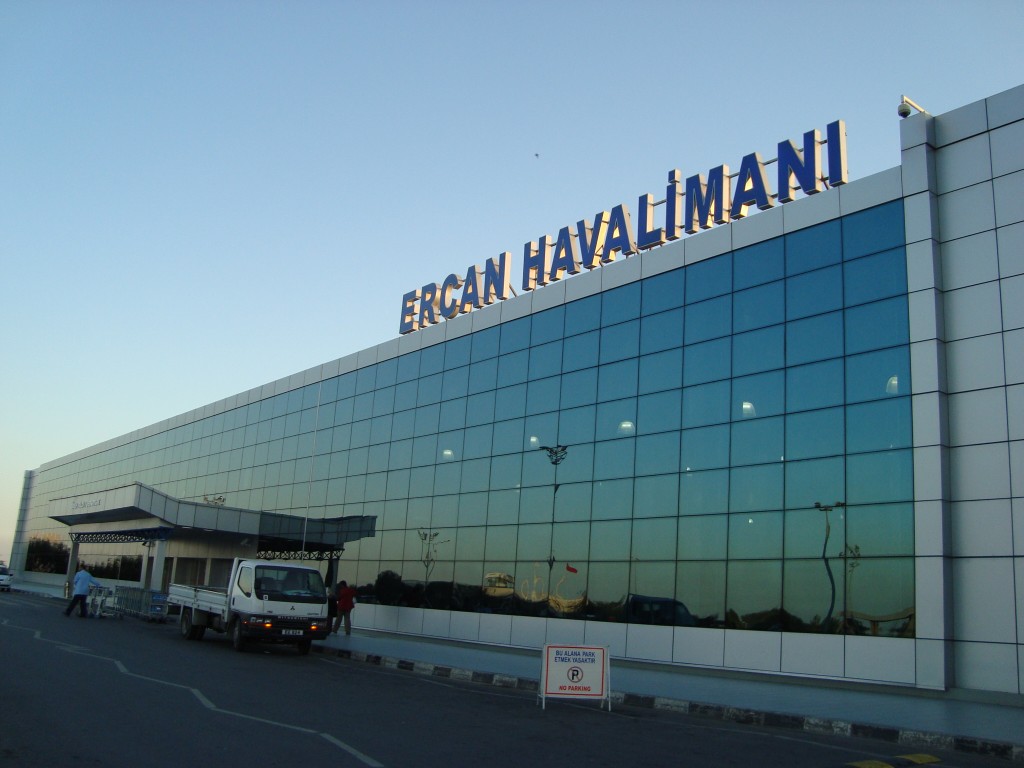
For good measure, the Greek Cypriot government re-iterated its claim to be the sole authority controlling the island’s skies, saying that without its prior express permission, any airline flying into Ercan or Geçitkale Airports in the TRNC was unlicensed and therefore “violating Cypriot airspace”.
Harming Pegasus would have a big impact on the TRNC economy
Harming Pegasus in any way would have a big impact on the economy of Northern Cyprus. In 2015 the airline flew 565,000 passengers to Cyprus – more than any other airline. Aegean Airlines, its nearest Greek-owned competitor, flew 410,000. And in 2016, of the 25,000 flights handled by Ercan Airport, 10,000 were for Pegasus. Next largest was Turkish Airlines, with 5,000 flights.
Last year, 3.7 million passengers used the internationally unrecognised Ercan Airport, while Paphos Airport catered for only 2.4 million, so it is easy to see why Greek Cypriot politicians and businessmen have Ercan and its customers in their sights.
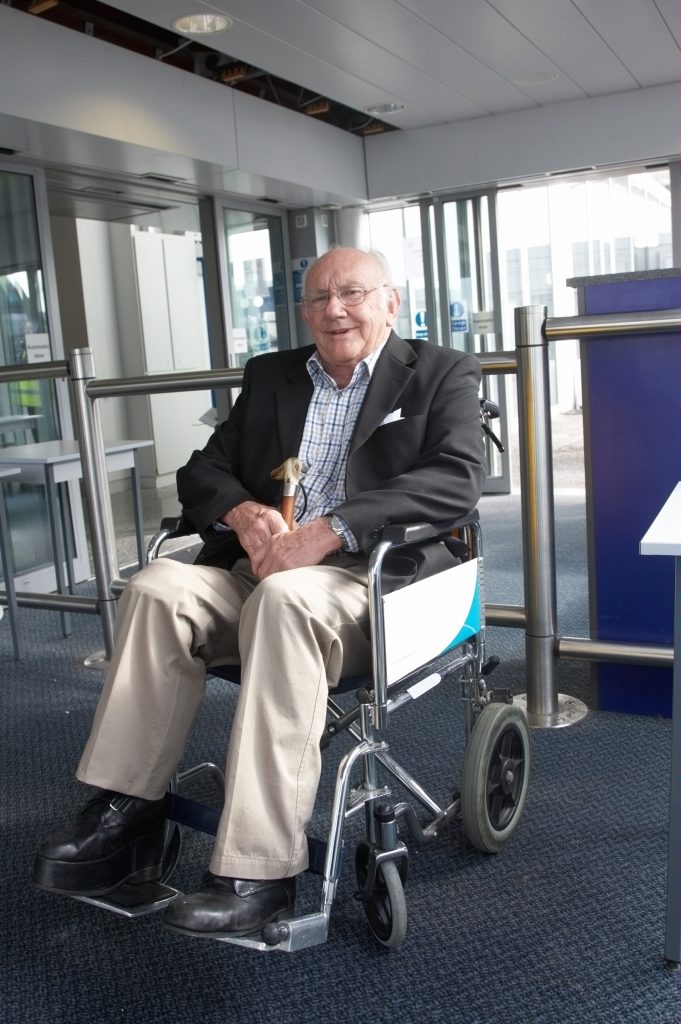
Pegasus was also contacted for comment, but they had not responded at the time this article went live. However, leading tour operators that use the airline feel the Turkish carrier had little choice but to comply with the new Department for Transport directive. It’s likely that failure to adhere to the costly new DfT regulations could harm Pegasus’ claim to the lucrative landing-slots at Stansted and Gatwick, the allocation of which is controlled by the Department.
Turkish Cypriots under embargo since 1964
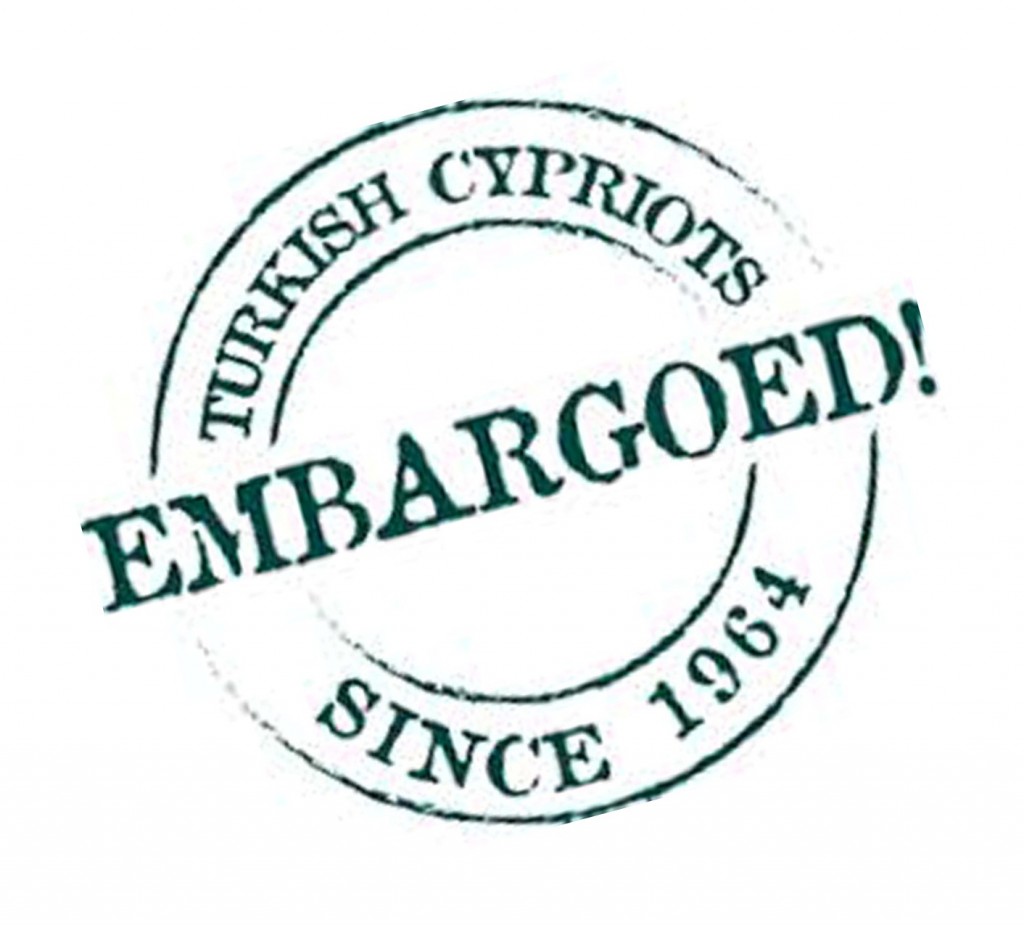
Turkish Cypriots have been struggling to regain their political rights in Cyprus since December 1963, when Greek Cypriots seized control of the Republic of Cyprus through a bloody coup.
Embargoes were inadvertently imposed on Turkish Cypriots through a badly worded United Nations document, UN Resolution 158, on 4 March 1964, which referred to Greek Cypriots as the ‘Government of Cyprus’ and the Turkish Cypriots as a ‘community’.
Using this resolution, the Greek Cypriots have continued to assert themselves as the ‘sole authority’ on the island, successfully lobbying international bodies and states worldwide to maintain the embargoes on Turkish Cypriots. These were extended to include trade, communications, and sports after the 1974 War and division of the island.
The unilateral declaration of the TRNC in 1983 led to new UN resolutions that called on the international community not to recognise the new state, further tightening the embargoes on North Cyprus.
Republic of Cyprus blocks direct flights to Ercan
As a member of the UN, the Greek-run Republic of Cyprus also belongs to the International Civil Aviation Organisation which regulates international aviation. This gives Greek Cypriots the sole right to determine which airports across the island are officially designated for international use and they have deliberately omitted Ercan and Geçitkale Airports as part of the South’s decades-old policy to maintain and strengthen economic, cultural and political discrimination against the TRNC.
Due to the non-recognition of the TRNC, all aircraft travelling to and from its airports must touch down in Turkey. Since 1974, passengers were able to do this by remaining on the aircraft, with the flight assuming a new flight number for its onward journey.

In 2004, the UN and world leaders promised to end the isolation of Turkish Cypriots after they voted in favour of UN Secretary General Kofi Annan’s Plan to re-unite the war-torn island. The UK was among those to pledge to enable direct trade and flights for North Cyprus.
British Government failed to honour pledge to end Turkish Cypriot isolation

The British authorities have failed to deliver their promises to their Commonwealth citizens, the Turkish Cypriots.
There was also the notorious Memorandum of Understanding between Gordon Brown’s government and the Greek Cypriot republic, which sought to deny the TRNC the right to moderate its own academic degrees and other powers necessary to a domestic government.
The decision to impose this new embargo on Turkish Cypriots at a critical time during the Talks will certainly damage the UK’s claim to be an honest broker that treats both communities equally, as required by its role as a Guarantor Power for Cyprus.
Additional reporting by İpek Özerim

